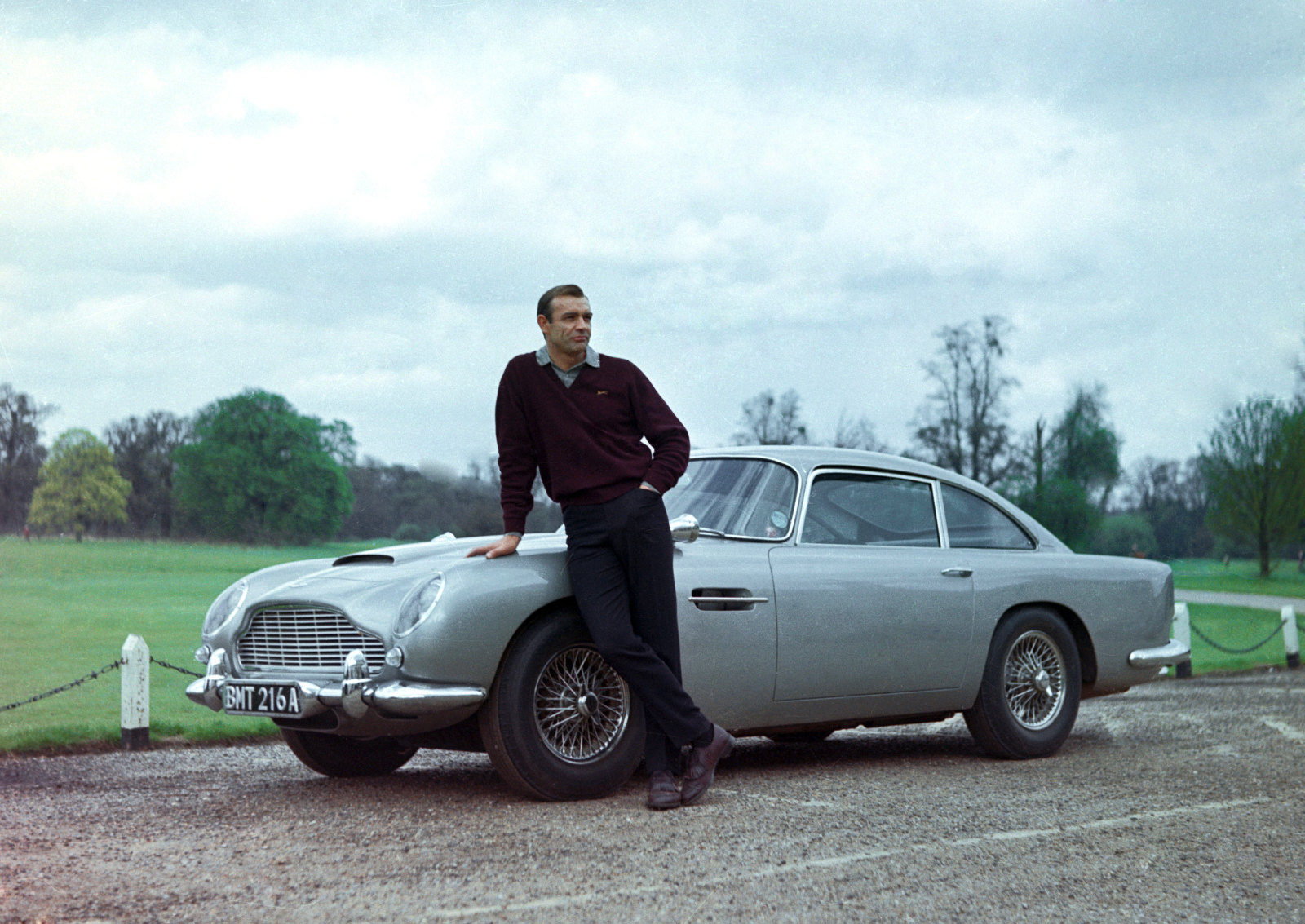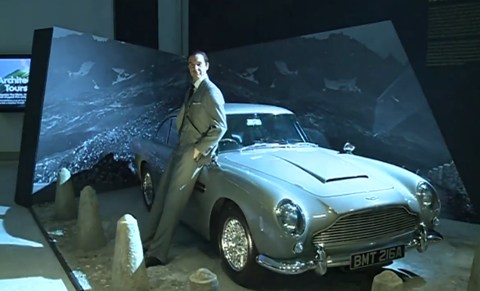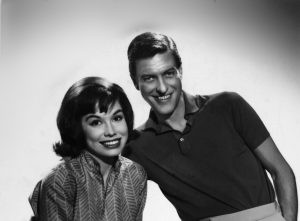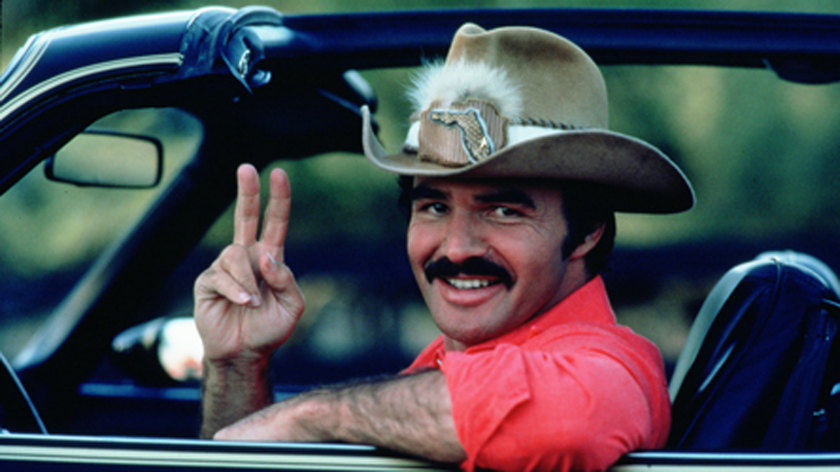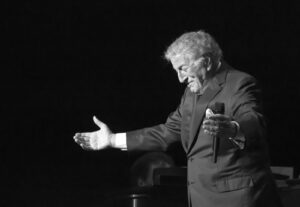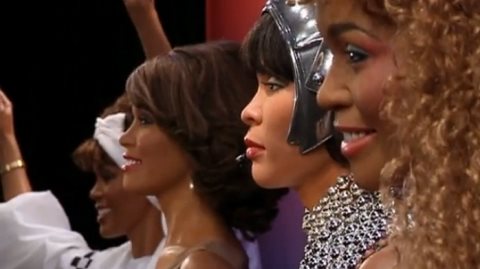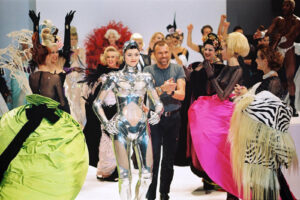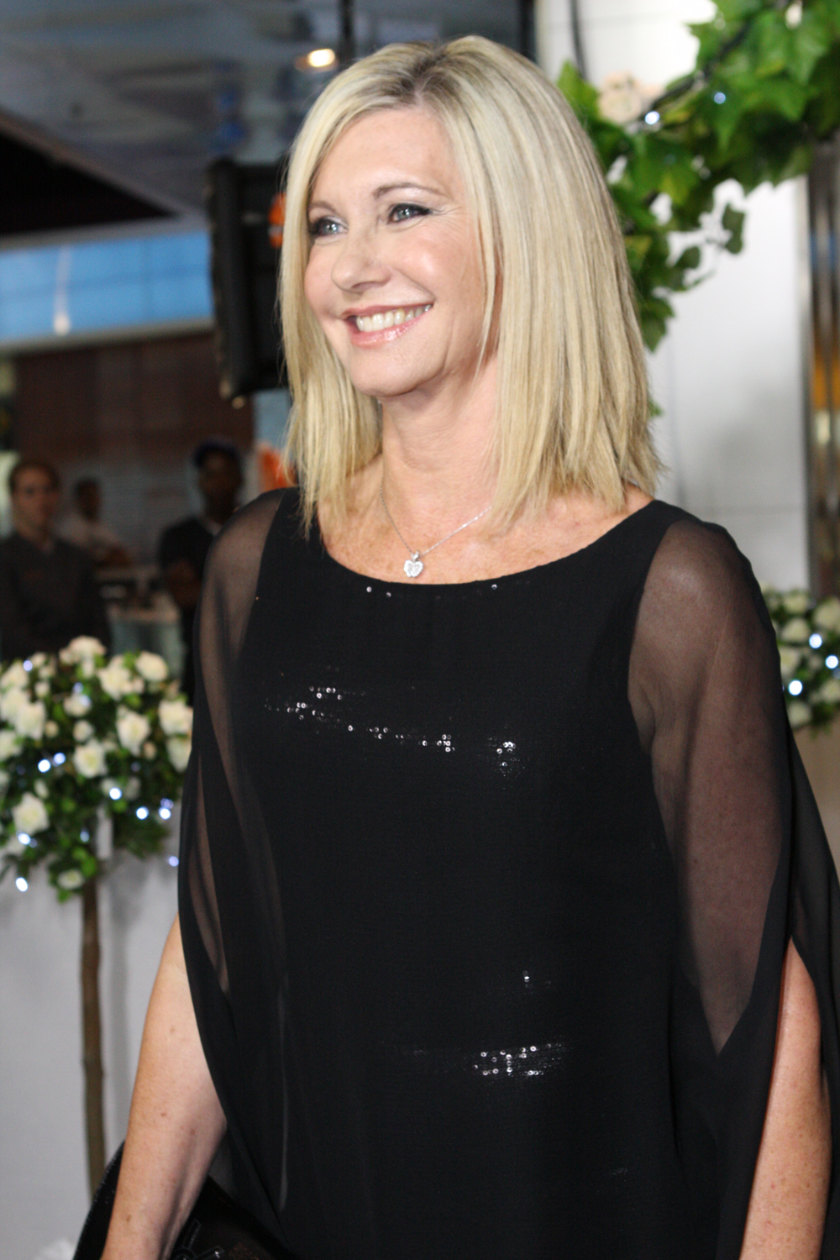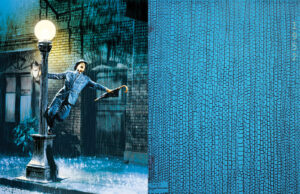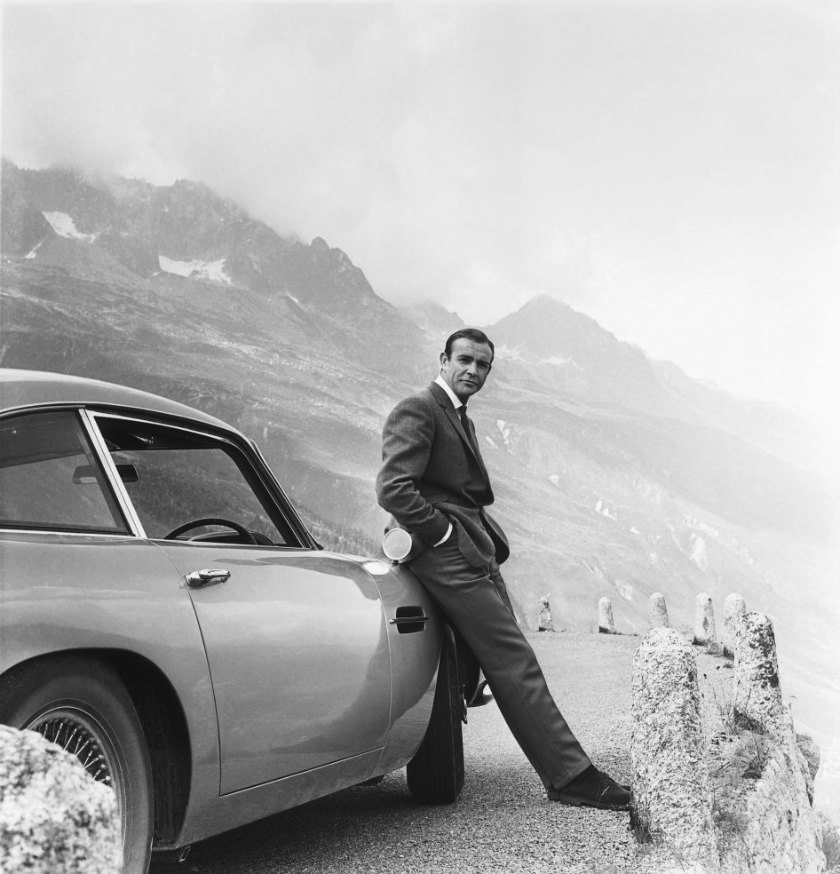
Danjaq SA/United Artists
The iconic image of Sean Connery and the Aston Martin DB5 in a publicity still from Goldfinger.
Many movie fans were greeted with sad news with the passing of Sir Sean Connery at 90 in the Bahamas.
Sir Sean had been unwell for some time, according to his son Jason, and died in his sleep.
Most moviegoers will remember him for his role as the first big-screen James Bond, but it was decades later in The Untouchables where he received his first Academy Award for Best Supporting Actor.
Talking to other movie fans today, his work in The Hunt for Red October, Highlander and Indiana Jones and the Last Crusade was highlighted.
One fan, in particular, relayed to me that Connery’s work played a part in her growing up, and despite his distasteful public comments about spousal abuse and violence toward women—both in the 1960s and 1980s—it was still with a tinge of sadness to note his passing.
His first wife, Diane Cilento, confirmed Connery’s behaviour.
It is perhaps only fair to mention it; some find it unforgiveable to do so in the wake of a person’s passing, while others who feel that violence needs to be called out ask: if not now, then when?
His professional life was less open to criticism, an actor who became a superstar while still able to do solid character work.
I often joked that Connery’s career could be summed up in four lines: ‘My name is Bond, James Bond’; ‘There can be only one’; ‘We sail into history’; and ‘You’re the man now, dog!’, the last from Finding Forrester.
As someone who missed out on the 1960s, my introduction to Connery was still through Bond—in 1983 he returned to star in a remake of Thunderball, the unofficial Never Say Never Again. I opted to pay to see Octopussy though during the “battle of the Bonds” that year, and it would be a few years later, on a rented video cassette, that I caught up. The rest I caught out of order, also on cassette: Diamonds Are Forever was next, followed by Goldfinger and You Only Live Twice.
It was my parents’ insistence initially that Connery was the best actor to play the role of James Bond that made me want to see the rest of them. They courted by going to the Bonds, including double-bills that combined two earlier films.
Eventually, I saw the rest of the Bonds starring Connery, then saw them again in order to observe his career progress.
It was natural for James Bond producers Michael G. Wilson and Barbara Broccoli to release a statement today—after all, they might not be in the Bond movie business if this rough diamond of an actor hadn’t originated the role as Ian Fleming’s super-spy, and paved the way for all the actors who followed.
‘We are devastated by the news of the passing of Sir Sean Connery. He was and shall always be remembered as the original James Bond whose indelible entrance into cinema history began when he announced those unforgettable words—“The name’s Bond … James Bond”—he revolutionized the world with his gritty and witty portrayal of the sexy and charismatic secret agent. He is undoubtedly largely responsible for the success of the film series and we shall be forever grateful to him,’ they said.
Never mind Connery never actually said, ‘The name’s Bond, James Bond’ (look back—Roger Moore was the first to say these exact words in A View to a Kill; Connery said the simpler ‘Bond, James Bond’ in Dr No, and ‘My name is Bond, James Bond’ in Goldfinger and Diamonds Are Forever), their quote is otherwise on the money. It would be hard to imagine Cary Grant, James Mason or Richard Burton in the role.
And it was because of this role that I wanted to see Connery in others, from pre-Bond outings in The Longest Day and Darby O’Gill and the Little People, to post-Bond work in Meteor, Outland, Highlander and The Presidio.
What I saw was an actor who matured in his confidence and capability, and I don’t think at any time he “phoned in” a performance.
It didn’t matter that the Spaniard in Highlander or the Irishman in The Untouchables had a Scots accent: Connery’s presence made you forget such details.
He was a delight in the big-screen adaptation of The Avengers, as Sir August de Wynter, and I would say that his presence made the film. (I’m also in the minority when I say I rather enjoyed it, with Connery being a big reason.)
In Jon Amiel’s Entrapment, made just before the millennium—and using Y2K as a plot device—Connery showed that he could still lead an actioner.
It was a shame that his last big on-screen role was in The League of Extraordinary Gentlemen, a filming experience he was not thrilled about. His last role that I caught was another disappointment for me: a voice role in the animated Sir Billi.
But that is the life of an actor: you can’t choose great films all the time. And when someone is part of your cinemagoing for three decades, you think of the joy he brought.
He was a proud Scot, and donated his entire US$1·2 million fee (a record in the early 1970s) from Diamonds Are Forever to kick off the Scottish International Educational Trust, which he founded, to help young Scots of exceptional ability.
He knew what it was like to come from humble beginnings and saw the value of education, hence his interest in the Trust. He also believed in a Scottish parliament, and pushed for it, addressing the first session after its reconvening in 1999. He was knighted in 2000.
It was a few years after that, at a conference where he was used as an example, that a colleague brought up his record about his private life, something that was disappointing.
We did find ourselves in the same city once—Sir Sean had holdings in radio in New Zealand—and I learned I visited one station hours after he did. My mischievous side was tempted to make a crank call in his voice—I was asked to do an impersonation for the local Scottish Association, for their automated phone service, so I imagine it wasn’t too awful—but thought better of it. Despite all the celebrity interviews over the years, Sir Sean was retired by the time I could have interviewed him, and we never crossed paths. Like most of you, I was an admirer who saw the man on the silver screen, and what a career he had there.—Jack Yan, Founder and Publisher

